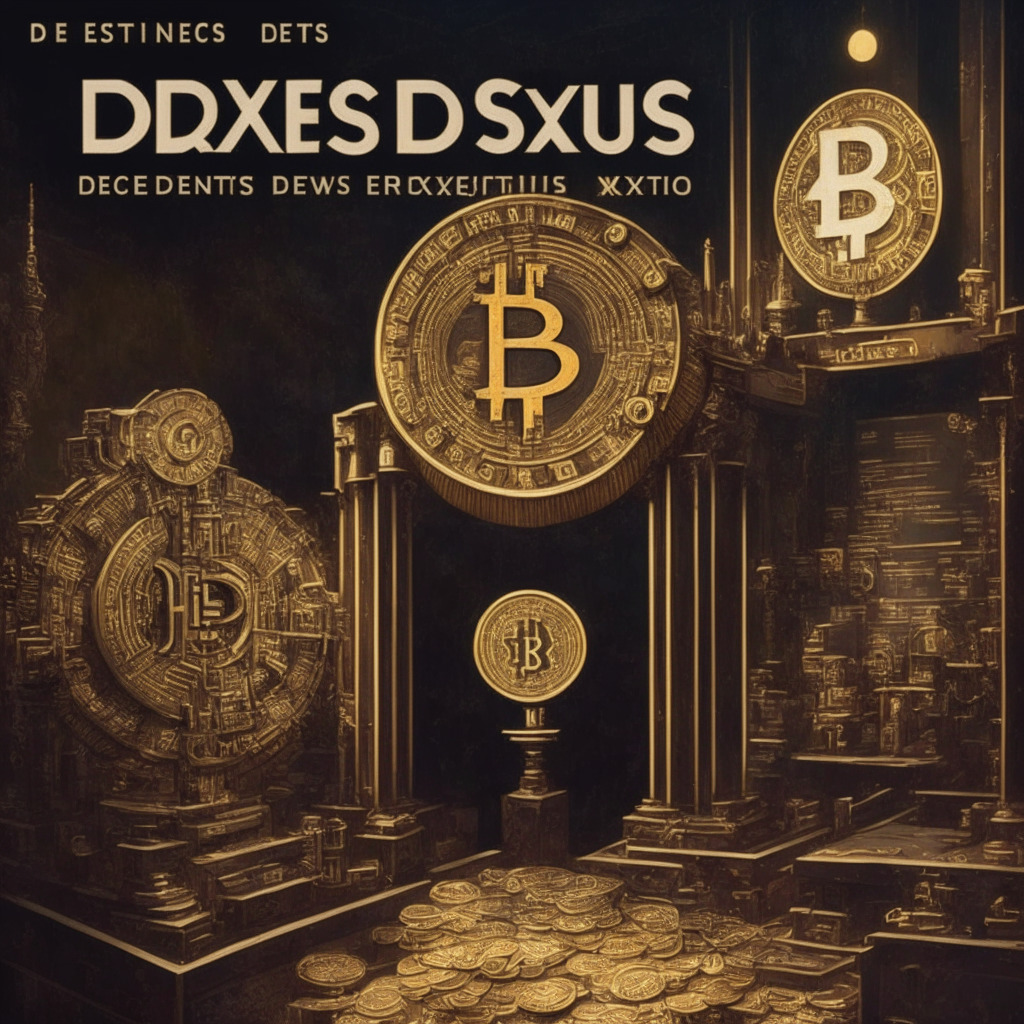The future of decentralized finance (DeFi) and blockchain innovation in the United States is at stake as the Securities and Exchange Commission (SEC) seeks to expand its oversight in crypto markets by including DeFi platforms within the definition of exchanges. Industry experts and enthusiasts have largely opposed these proposed changes, claiming that enforcing this rule would lead to a “de facto expatriation” of DeFi companies from the U.S.
The proposed rule change, which was opened for public comments in April, was met with criticism as it failed to provide a compelling cost-benefit analysis or alternative regulatory approaches to the diverse landscape of DeFi. The DeFi Education Fund (DEF) responded to the SEC’s proposal with a detailed 47-page letter, revealing the challenges that DeFi businesses would face in meeting the registration requirements for national securities exchanges and alternative trading systems (ATSs). The letter suggested that the SEC’s stance amounted to telling DeFi and crypto firms to “centralize, shut down, or get out” of the U.S.
The discussion around the proposed rule has delved into the subject of decentralized exchanges (DEXs) as well. Many have raised concerns about the proposal’s uncertainties in addressing the unique characteristics of DEXs, particularly those that primarily deal with the exchange of crypto assets, including stablecoins, and not facilitating crypto-to-fiat transactions. The lack of clear guidelines on these parameters has left industry players unsure about how they can operate within the proposed regulatory framework.
The SEC’s proposal has also been criticized for being “haphazard” and forcing a “Hobson’s choice” onto DeFi market participants. Paradigm, a crypto investment firm, suggested that the SEC should withdraw its proposal and reconsider an approach that adapts existing regulations to the ever-evolving DeFi context. As decentralized exchanges utilize automated market maker mechanisms, it is even more challenging to apply traditional registration requirements when there is no entity playing an intermediating role between buyers and sellers.
Supporters of DeFi argue that by enforcing these regulations, the U.S. risks alienating a growing and innovative industry that has the potential to revolutionize global finance. In turn, this would cause significant harm to U.S. financial market participants. Miller Whitehouse-Levine, CEO of DEF, highlights the SEC’s “disingenuous approach” to crypto and urges the commission to explore alternative regulatory strategies.
As the comment period on the SEC’s proposed rule change draws to a close, the ultimate decision will play an instrumental role in determining the future landscape of DeFi in the U.S. and its implications for technological innovation and financial market dynamics.
Source: Blockworks




